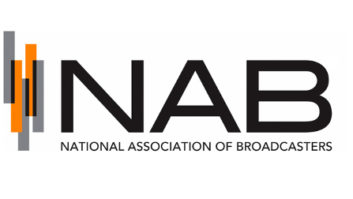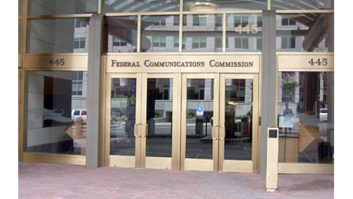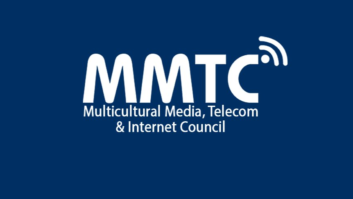In August 2016, the Federal Communications Commission adopted a second report and order in its review of the media ownership rules. This order terminated the statutorily required quadrennial review of the media ownership rules that commenced in 2010, along with the quadrennial review that commenced in 2014. It also was necessitated by the May 2016 Prometheus Radio decision by the US Court of Appeals, wherein the court directed the FCC to issue an order by the end of 2016.
By way of background, the FCC is obligated to review its media ownership rules on a regular basis to determine if the rules are necessary. This obligation, imposed by Congress in 1996, originally called for a review every two years, but was subsequently revised in 2004 to require a review every four years. Over the past 12 years, the FCC has not seen much luck at the Third Circuit Court of Appeals, which previously remanded aspects of the 2002 and 2006 quadrennial review orders.
Then, in May 2016, the court remanded the FCC�s efforts to address the 2010 ad 2014 quadrennial review obligations. Most of the 2016 Prometheus decision discussed the FCC�s failure to develop an �eligible entity� definition that would both (i) satisfy the FCC�s goal of encouraging minority and female ownership in media and (ii) survive judicial review. The court noted the long delay and ordered the FCC make a prompt decision. The court also directed the FCC to fulfill a promise made during oral arguments that the 2010 and 2014 quadrennial reviews would be completed by the end of 2016.
In the August 2016 order, the FCC adopted rules intended to address both the 2010/2014 quadrennial review, and adopted an �eligible entity� standard. With regard to the local radio ownership rules, the FCC elected not to modify the caps on the number of radio stations one entity may own or control in the local market. Also, the FCC decided not to modify the local radio �subcaps,� which limit the number of AM and FM stations within the cap (i.e., in markets with 45 or more radio stations, a company may own eight stations, only five of which may be in one class � AM or FM.)
SMALL CHANGES, OR NOT
The FCC did change the way that the �local radio market� would be defined for radio stations in Puerto Rico.
Historically, first Arbitron, and now Nielsen Audio, has treated the entire island of Puerto Rico as one radio market, despite the fact that it impossible for radio stations to serve the entire island due to terrain shielding. Thus, under the local radio ownership rule, one company was limited to the ownership of eight radio stations.
More recently, the FCC has granted waivers of the strict application of this approach, and has permitted parties to use the �interim� contour-overlap method, which defines the local radio market based on the number of stations that overlap with the stations to be under common ownership. The August 2016 order affirms this informal approach, and eliminates the uncertainty that a waiver request may be denied.
The FCC also addressed an exception to the local ownership rules with respect to community of license changes and the two-year waiting period. Currently, a party may not receive the benefit (e.g., acquire an additional station) that results from a community of license change or change in a station�s �home� designation, for a period of two years after the change.
One possible loophole has been the change in station�s community of license to a community outside the metro market�s boundaries, but which did not contemplate the actual change in facilities, i.e., the station�s existing signal provided the requisite coverage to the new community of license. To eliminate the loophole, the FCC will now require that there be a physical change in the station�s coverage before the owner can avoid the two-year waiting period.
Finally, the FCC adopted a revenue-based eligible entity standard to encourage �small business participation in the broadcast industry.� The FCC determined that the record in the proceeding could not justify the adoption of racial or gender-based classifications. Instead, the commission will permit parties which comply with the revenue-based eligible entity standard to seek an extension of an unbuilt station�s construction period for an additional 18 months, comply with a relaxed equity-debt plus attribution standard, acquire grandfathered clusters of radio stations that do not comply with the local radio ownership rules, and/or obtain stations involved in a �distress� sale.
It is not clear whether the Third Circuit will be satisfied with the FCC�s action in the August 2016 order, or whether further modification of these rules will be made down the road. Also, the new rules have yet to be published in the Federal Register, so parties are not yet able to take advantage of the eligible entity preference.
Petro is of counsel at Drinker Biddle & Reath LLP. Email: [email protected].












